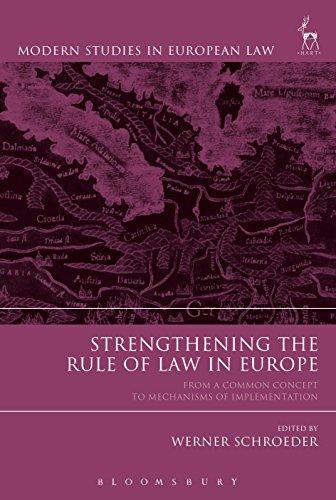Question
1.) A partnership where the property which belonged to each of the partners at the time of the constitution of the partnership, becomes the common
1.) A partnership where the property which belonged to each of the partners at the time of the constitution of the partnership, becomes the common property of all the partners, as well as all the profits which they may acquire therewith is called:
a. Universal partnership of all present property.
b. None of the above.
c. Universal partnership of all property.
d. General parentship of all property.
2.) Where persons, without being partners, mislead others into believing that they are partners in a venture and such others, relying on the misrepresentation, suffer harm or injury, a _____________ is considered by the law to have been formed:
a. None of the above
b. De jure partnership
c. Partnership by estoppel
d. De facto partnership
3.) Earvin, Aleck, and Tyshaun are general partners in a partnership with a term of 10 years. Because she needed cash, Aleck, before the expiration of the term, sold her whole interest in the partnership to Janice without the knowledge of her partners. Which of the following statements is true?
a. Both a. and b.
b. Aleck may not validly sell her whole interest in the partnership without first getting the permission of her partners
c. None of the above
d. Janice does not automatically become a partner by her purchase of the interest
4.) Marcos, Helen, Diane, and Veronica are general partners. Marcos died in a plane crash. Helen and Diane went to place of the crash to identify and claim the body of Marcos. Veronica was in the Himalayas on vacation and was beyond reach of any communication to inform her of the death of their partner. The authority of all the partners to act for the partnership is terminated.
a. True
b. False
5.) D mortgage his land to C with the stipulation that the former cannot sell his land before he has paid his loan to C. D sold the land to X despite such agreement. Which of the following is correct?
a. The sale is valid if the buyer was not aware of the mortgage.
b. The contract of sale is void.
c. The consent of C is necessary before D can sell the land.
d. The stipulation prohibiting sale of the land is void.
6.) The difference between a chattel mortgage and a pledge is that in chattel mortgage
a. the debtor is not liable for the deficiency after foreclosure.
b. the delivery of the personal property is necessary.
c. the registration of the contract with the Register of Deeds needed.
d. the excess over the amount due after foreclosure sale goes to debtor.
Step by Step Solution
There are 3 Steps involved in it
Step: 1

Get Instant Access to Expert-Tailored Solutions
See step-by-step solutions with expert insights and AI powered tools for academic success
Step: 2

Step: 3

Ace Your Homework with AI
Get the answers you need in no time with our AI-driven, step-by-step assistance
Get Started


